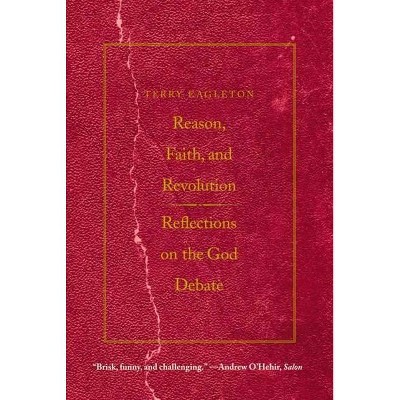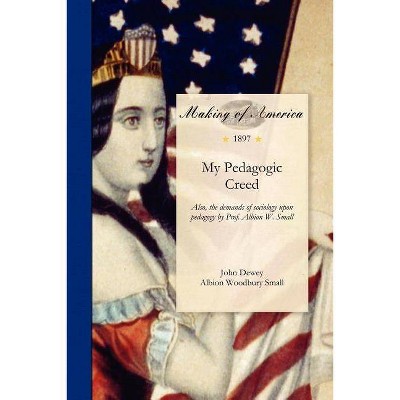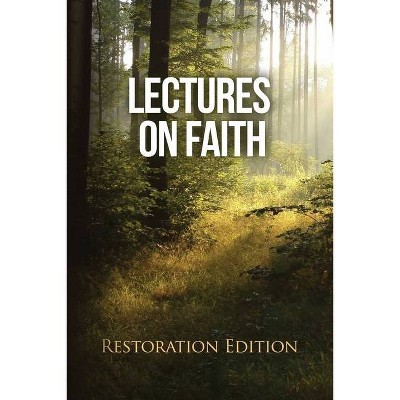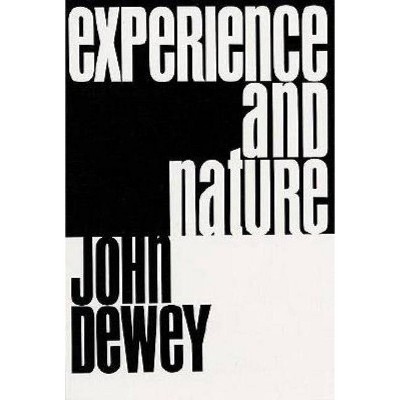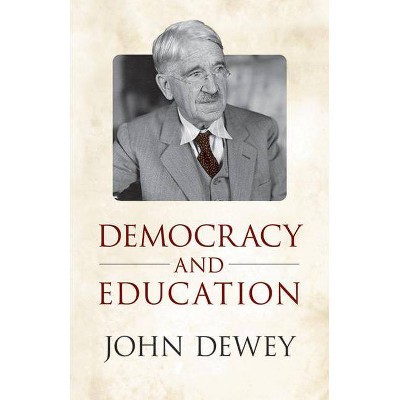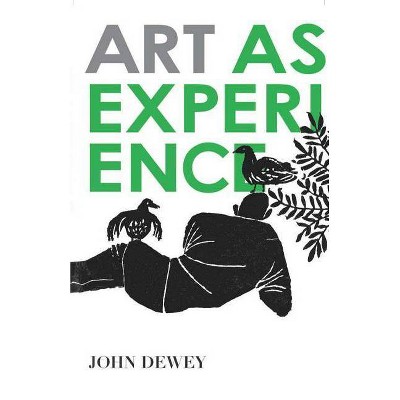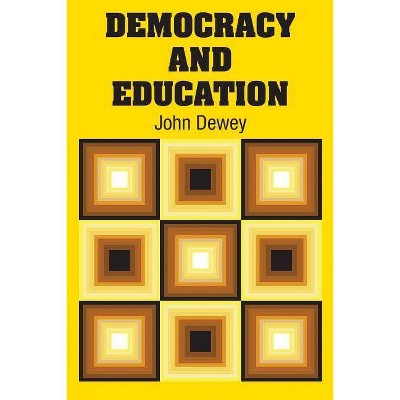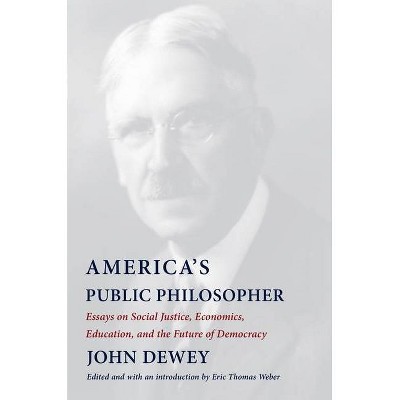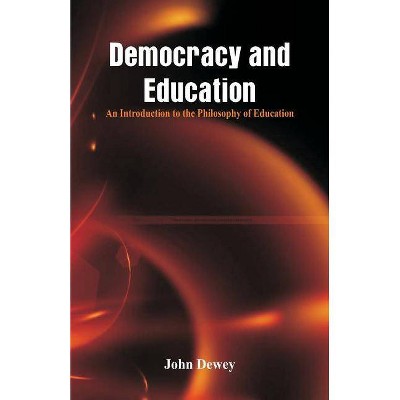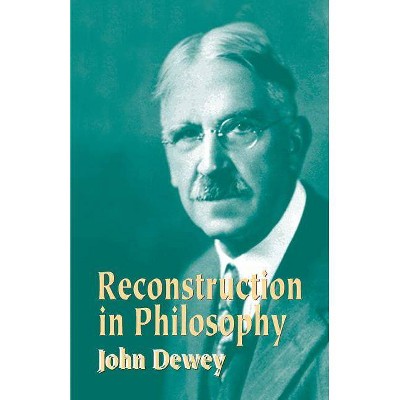A Common Faith - (Terry Lectures (Paperback)) 2nd Edition by John Dewey (Paperback)
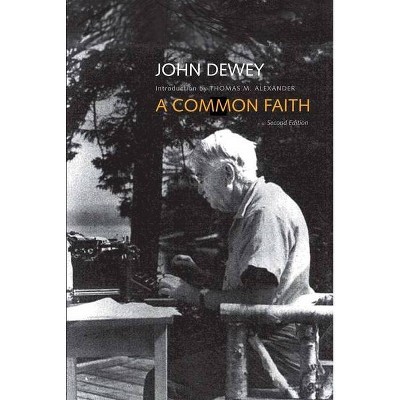
Similar Products
Products of same category from the store
AllProduct info
<p/><br></br><p><b> Book Synopsis </b></p></br></br>In <i>A Common Faith, </i> eminent American philosopher John Dewey calls for the "emancipation of the true religious quality" from the heritage of dogmatism and supernaturalism that he believes characterizes historical religions. He describes how the depth of religious experience and the creative role of faith in the resources of experience to generate meaning and value can be cultivated without making cognitive claims that compete with or contend with scientific ones. In a new introduction, Dewey scholar Thomas M. Alexander contextualizes the text for students and scholars by providing an overview of Dewey and his philosophy, key concepts in <i>A Common Faith, </i> and reactions to the text.<p/><br></br><p><b> Review Quotes </b></p></br></br><br><i>A Common Faith</i> . . . presents the pure distillation of the thought of a great mind on the great subject of religion.--<i>New York Herald Tribune</i> <p/>"Thomas M. Alexander's deft introduction elegantly unfolds John Dewey's <i>A Common Faith</i> for a new generation of readers seeking novel answers for the ancient questions of ultimate concern."--Jim Garrison, Virginia Tech <p/> Professor Thomas Alexander's introduction to <i>A Common Faith</i> is an important reorientation of this book. Alexander makes a clear and convincing case for its centrality in Dewey's thought.--William T. Myers, Birmingham-Southern College <p/>"Alexander's careful and imaginative introduction shows how Dewey both understood and respected human religious experience. Dewey's insistence that core notions (e.g. religion, God) be recast reflects the still-urgent need of diverse and democratic citizenries to preserve religious freedom, aesthetic experience, and social justice."--David L. Hildebrand, University of Colorado, Denver <p/><br><p/><br></br><p><b> About the Author </b></p></br></br><b>John Dewey</b> (1859-1952) was an American philosopher, psychologist, and educational reformer. <b>Thomas M. Alexander</b> is professor of philosophy at Southern Illinois University<i>.</i>
Price History
Price Archive shows prices from various stores, lets you see history and find the cheapest. There is no actual sale on the website. For all support, inquiry and suggestion messagescommunication@pricearchive.us
